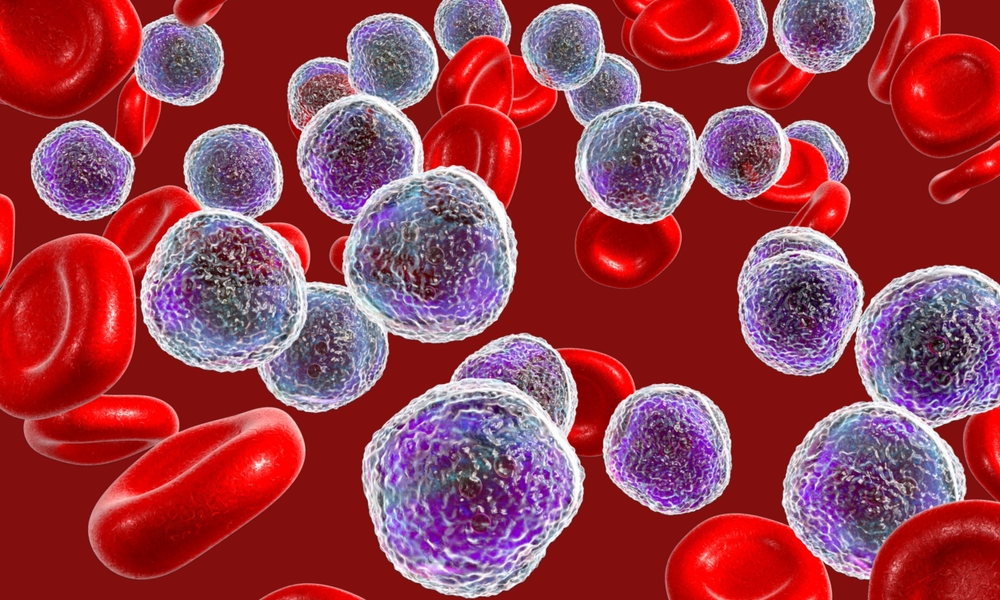According to a recent report in Healio, researchers found low cardiotoxic probability.
CAR T-therapies have been underreported and not sufficiently understood. This is due primarily to lack of patient data from major clinical trials.
Dr. David Koeckerling and his colleagues at Germany’s Heidelberg University Hospital began the study of cardiovascular events categorizing people who had been diagnosed with hematologic malignancies in advanced stages and individuals who had been administered CAR T therapy.
The third category included adults who had advanced malignant tumors. A total of 13 studies were analyzed using a meta-analysis approach as opposed to a systematic review where the results of the studies included are summarized and given as an overall result.
Meta-Analysis vs. Systematic Review
In meta-analysis, the data taken from individual studies are combined into a single estimate of all studies that are in the review providing a better analysis of the evidence rather than just summarizing the studies separately. At a minimum, to qualify for the study, individuals had to be evaluated if they had been diagnosed with just one disorder as follows:
• Heart failure
• Myocardial infarction
• Cardiovascular death
• Ventricular or supraventricular arrhythmia
A total of 1,528 patients were included in the studies. The median age was 61 years ranging from 58.7 to 63 years of age. Sixty-six percent were men. Eighty percent were diagnosed with lymphoma while 85% had received anthracycline therapy. Twenty-seven percent had received stem cell transplants while 17.5% had received radiotherapy.
The primary outcome was to be frequency of adverse cardiovascular events. The follow-up was 487 days ranging from 294 to 530 showing an 0.63% mortality rate for adverse events affecting cardiovascular patients. Adverse events affecting cardiovascular patients included dysfunction of the left ventricle (8.68%), supraventricular arrhythmia (7.79%), and heart failure (3.87%). Under 1% of patients accounted for ventricular arrhythmia.
Mortality from any cause was assessed in seven studies. A meta-analysis found a prevalence of 30.01%. Note that the researchers acknowledged the study’s limitations. They found limitations such as:
• The retrospective aspect of most of the studies
• The absence of pretreatment workups
• Surveillance was inconsistent after CAR-T, and
• The follow-up duration was insufficient
The investigators recommended the need for studies that evaluate cardiovascular episodes for these individuals.
Editor’s Note: Get Involved
Cancer doesn’t discriminate. WHATNEXT and its partners are interested in amplifying the voices of those from all identities and backgrounds. If you have a cancer journey to share, reach out here to learn more about how your voice can help spread awareness and inspire individuals from all walks of life.
cancer cancer treatment CAR T-cell therapy research treatment
Last modified: December 2, 2024










